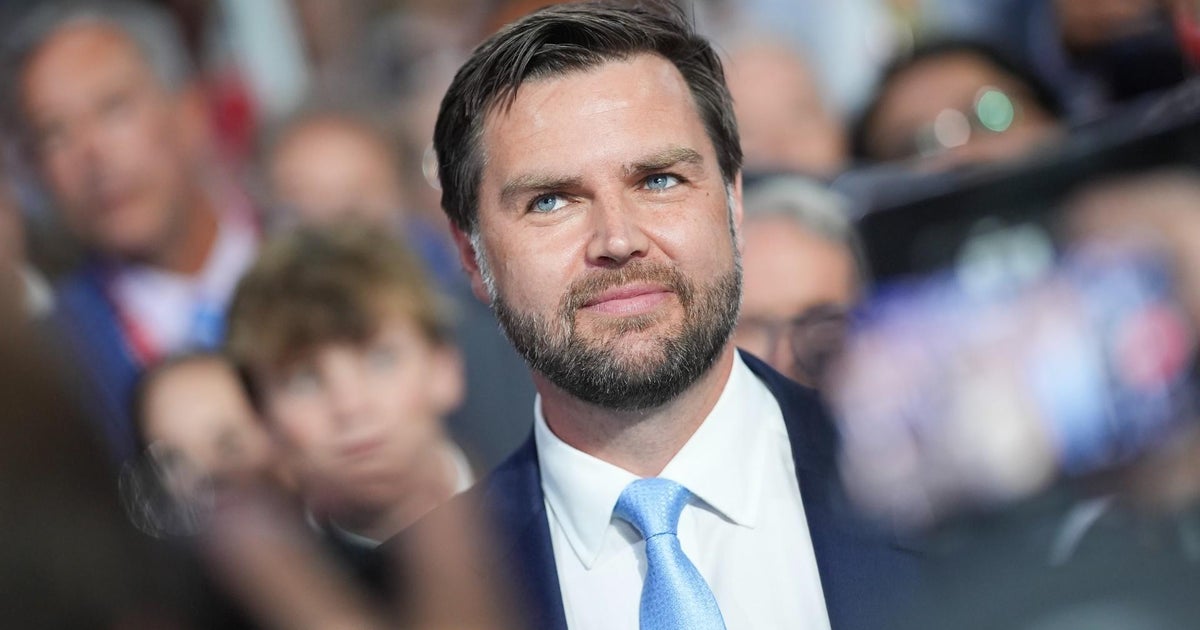What JD Vance said about US foreign policy in light of the war in Ukraine

Former President Donald Trump has appointed Ohio Senator JD Vance as his Vice PresidentBelow is a summary of Vance’s comments on some of the major international issues he and Trump would face if they won the election in November.
US aid for Ukraine
Vance said at the Munich Security Conference in February that the US ability to support Ukraine in the ongoing fight against the Russian invasion is “limited” due to American weapons production capabilities. He said it would not be realistic for the US to continue to provide the same level of aid to Ukraine in the future.
“Given the realities that we face, the very real constraints on munitions and personnel, what is reasonably achievable and when do we actually think we’re going to achieve it? And my argument is, look, I think what is reasonably achievable is a negotiated peace,” Vance said. “This will end in a negotiated peace. The question is when will it end in a negotiated peace and what will that look like?”
During the conference, Vance missed a meeting of a group of other US senators with Ukrainian President Volodymyr Zelensky.
In an opinion piece published in the New York Times in April, Vance called for Ukraine to pursue a defensive rather than an offensive strategy.
“By committing to a defensive strategy, Ukraine can preserve its valuable military strength, stop the blood loss, and buy time to begin negotiations. But that would require both American and Ukrainian leaders to accept that Mr. Zelensky’s stated war goal – a return to 1991 borders – is fanciful,” Vance wrote. “The White House has said time and again that it cannot negotiate with Russian President Vladimir Putin. That is absurd. The Biden administration has no viable plan for how the Ukrainians can win this war. The sooner Americans face that truth, the sooner we can clean up this mess and broker peace.”
Russia began a full-scale invasion of Ukraine in 2022. NATO called the Russian Federation “the greatest and most direct threat to the security of Allies,” and the White House stated that “Ukraine’s security is integral to the security of the Euro-Atlantic region and beyond.”
European security
At the same security conference, Vance said he believed Europe needed to take more responsibility for its own security rather than relying on the United States as the leading member of the NATO defense alliance.
“Europe must play a larger share of the security role, not because we don’t care about Europe … but because we have to recognize that we live in a world of scarcity,” Vance said, adding that he felt he had observed in Europe “the idea of the American superpower that can do everything at once.”
Vance said former President Trump sent a wake-up call to European countries to spend a larger share of their national budgets on defense.
“But it’s not just about the money spent. How many mechanized brigades could Germany field tomorrow? Maybe one. Europe’s problem is that it doesn’t provide enough deterrence because it hasn’t taken the initiative for its own security. I think the American security blanket has let European security atrophy,” Vance said.
In May, Vance received criticism for the praise of one of the most right-wing extremist politicians in EuropeHungary’s authoritarian Prime Minister Viktor Orbán, a NATO partner who is also close to Putin.
Vance told “Face the Nation” host Margaret Brennan He said the United States could “learn” from some of Orbán’s controversial policies, such as how to eliminate what he sees as the left-wing bias in American universities.
A few days earlier, Senate Minority Leader Mitch McConnell had criticized some Republicans for their praise of Orbán and warned the Senate against emulating a politician who maintains friendly relations with the United States’ opponents.
“This is not what America should be focusing on in its foreign policy,” McConell said. “Hungary is at the intersection of three powers seeking to undermine our security and prosperity, and the Orbán government is showing what not to do in the face of these challenges.”
Shift in focus to Asia
Vance said the United States should shift its strategic focus from Ukraine and Europe to Asia.
“No, I don’t think we should leave NATO, and no, I don’t think we should abandon Europe. But yes, I think we should reorient ourselves,” Vance said at the Munich conference. “The United States needs to focus more on East Asia. That will be the future of American foreign policy for the next 40 years, and Europe needs to wake up to that fact.”
He said the US was not producing “enough munitions to support a war in Eastern Europe, a war in the Middle East and possibly an emergency in East Asia.”



